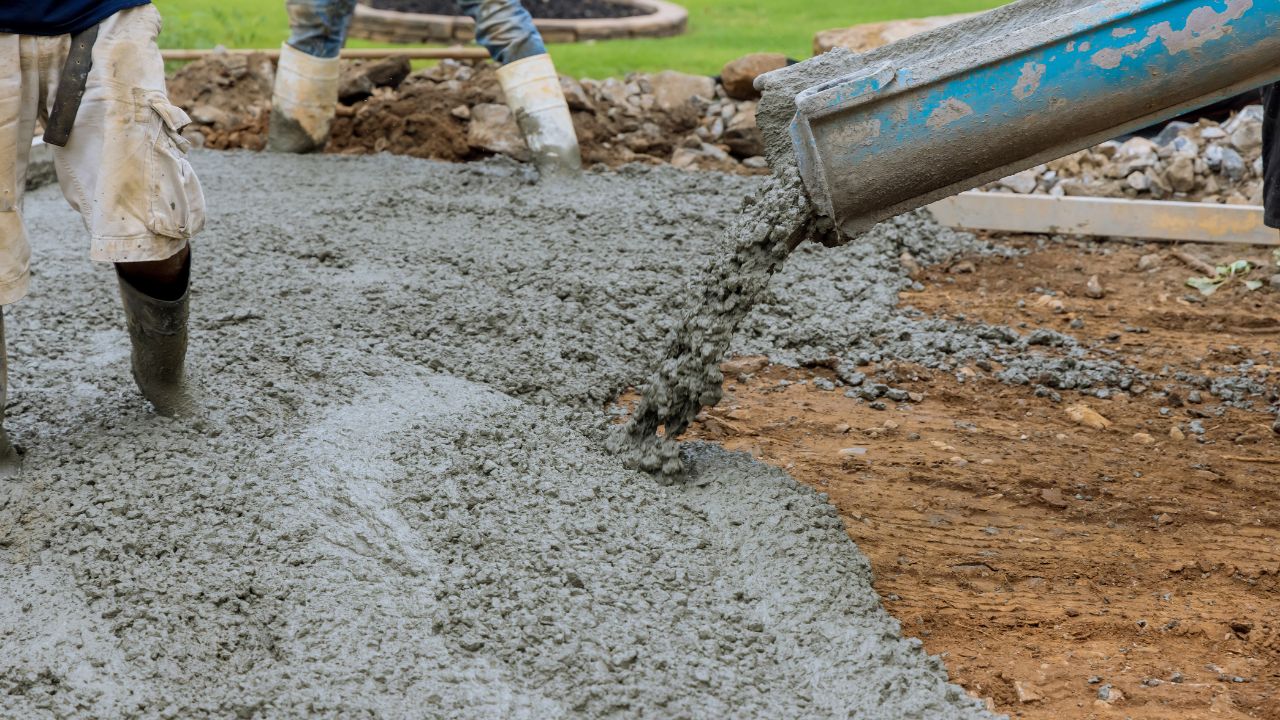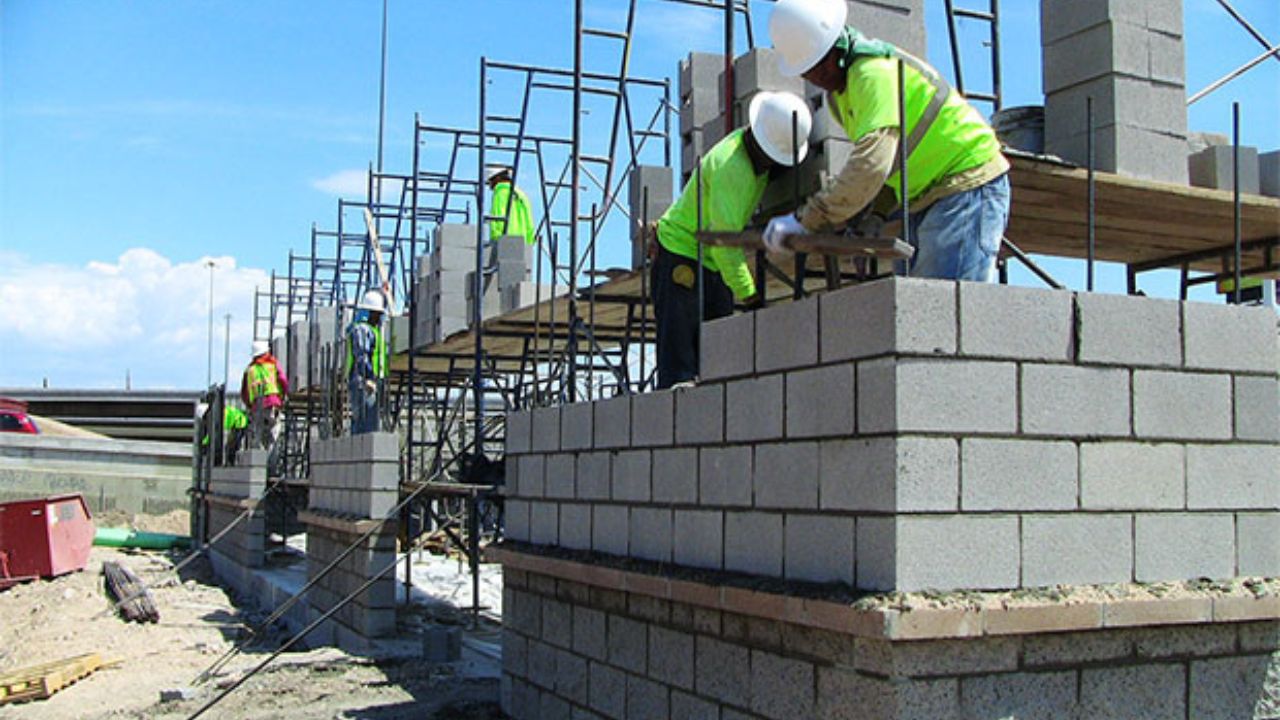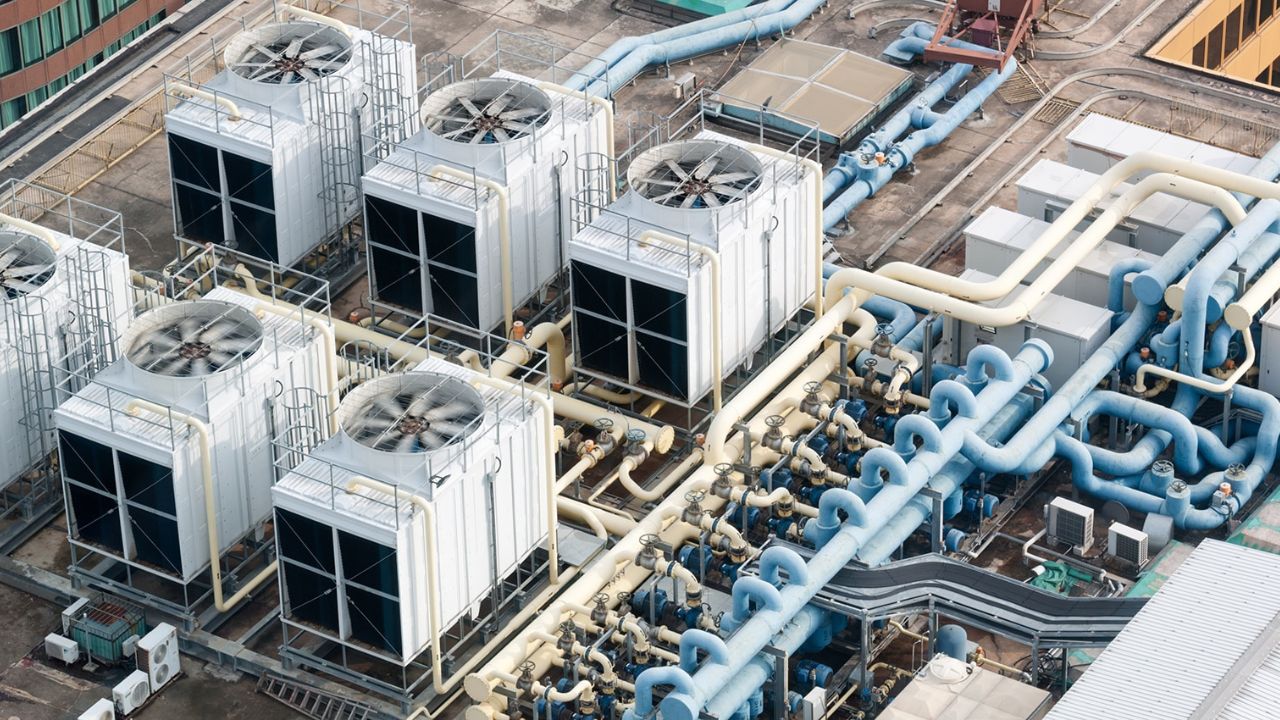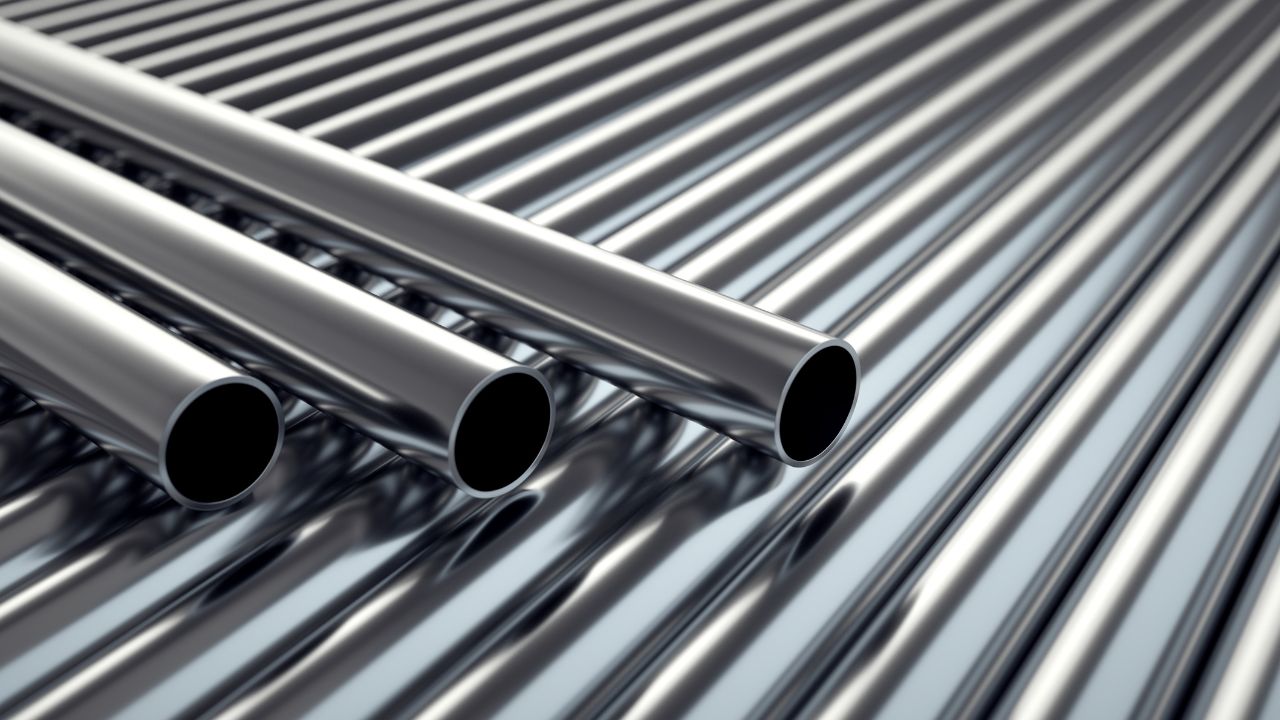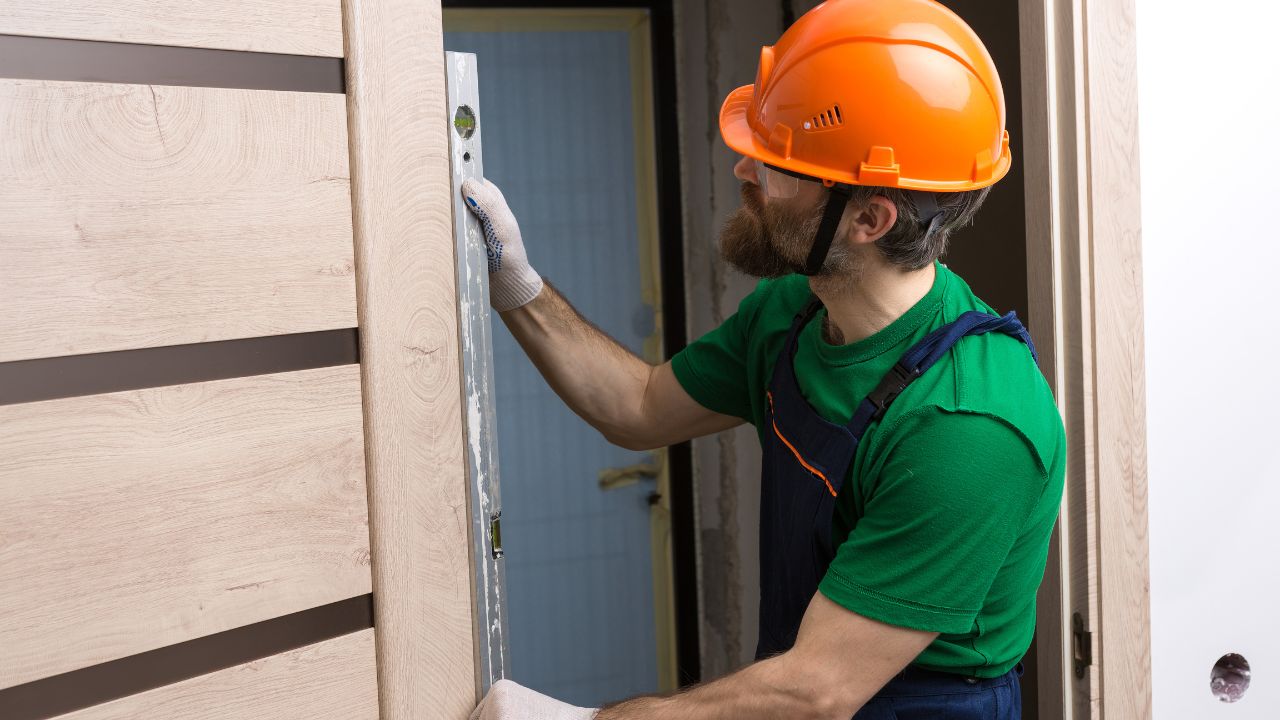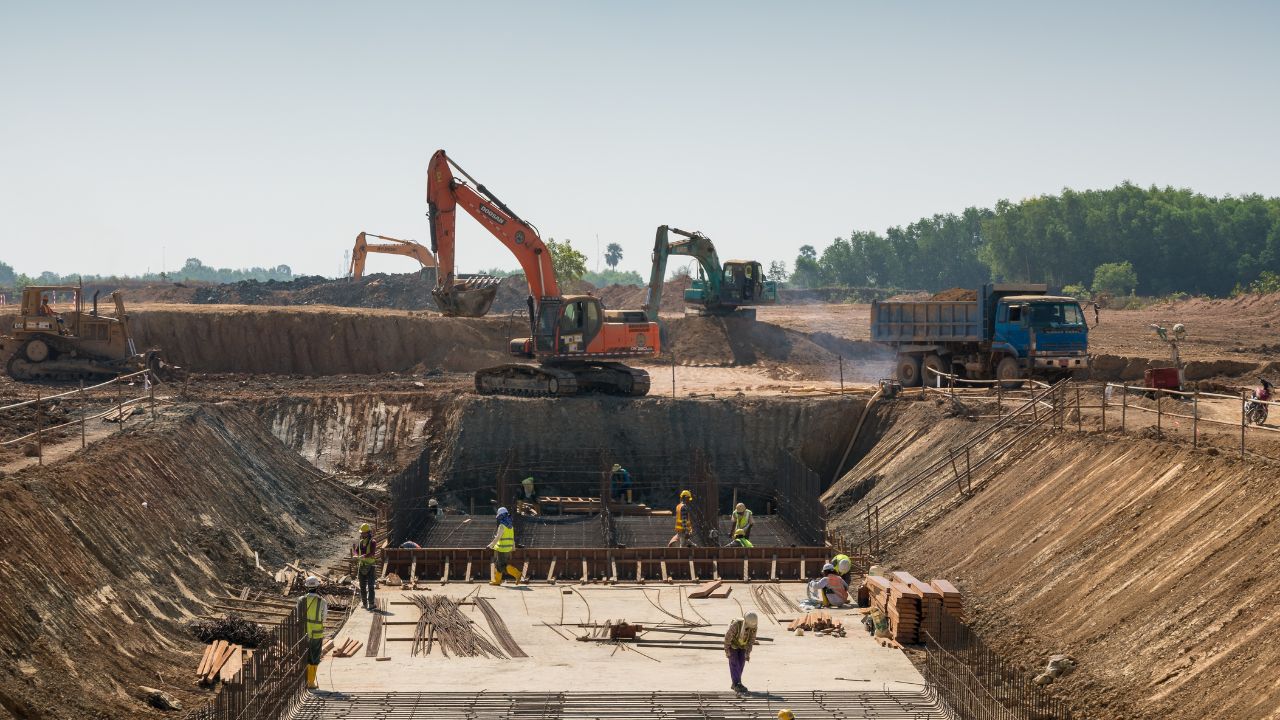- Homepage
- Seasonal Plumbing Checklist for Homeowners & Businesses
Seasonal Plumbing Checklist for Homeowners & Businesses
Leading provider of plumbing services.
Your plumbing system is the backbone of daily operations, delivering clean water and removing waste seamlessly. However, seasonal shifts—freezing winters, rainy springs, hot summers, and debris-heavy falls—can strain pipes, fixtures, and appliances. Neglecting seasonal plumbing maintenance can lead to issues like frozen pipes, clogged drains, or high water bills. This checklist outlines essential tasks for each season, tailored for both homeowners and businesses, to keep your plumbing in top shape year-round.
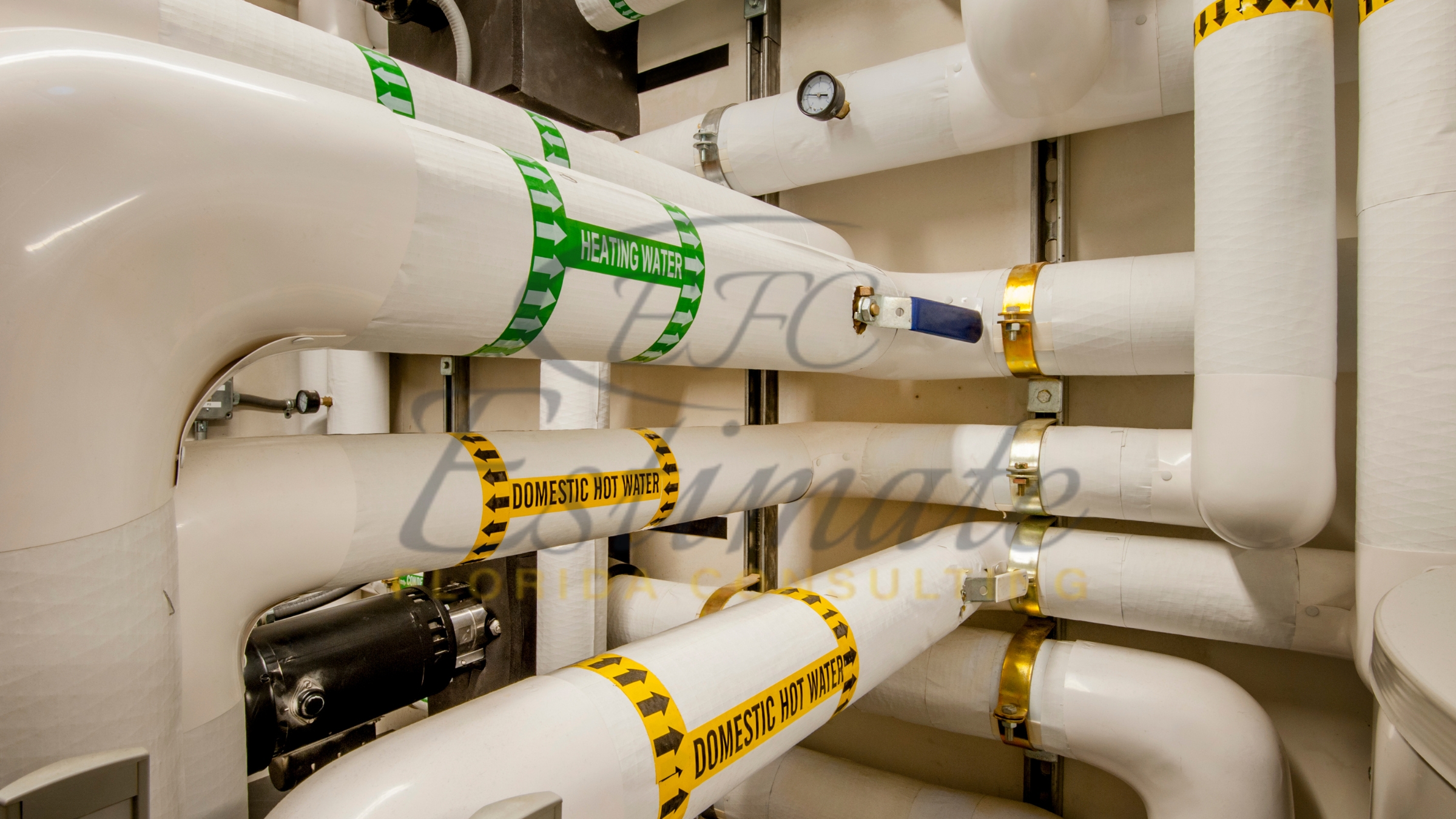
Winter Plumbing Checklist: Guard Against the Cold
Winter’s freezing temperatures pose significant risks to plumbing systems, particularly frozen pipes that can burst and cause extensive water damage. Follow these steps to protect your home or business.
1. Insulate Exposed Pipes
Why It Matters: Uninsulated pipes in basements, crawlspaces, or exterior walls are prone to freezing, leading to burst pipes and costly repairs.
What to Do:
- Use foam pipe insulation or heat tape on exposed pipes, available for $10-$20 at hardware stores.
- Focus on areas like garages, attics, or outdoor spigots.
- For businesses with large facilities, inspect warehouse or restroom pipes.
DIY Tip: Wrap pipes tightly, ensuring no gaps. For complex systems, hire professional plumbing services.
2. Drain Outdoor Faucets and Sprinkler Systems
Why It Matters: Residual water in outdoor lines can freeze, causing pipe cracks or sprinkler head damage.
What to Do:
- Shut off outdoor water valves and drain faucets.
- Blow out sprinkler systems using compressed air (a professional task for businesses).
- Disconnect and store garden hoses.
Pro Tip: Install frost-proof faucets to prevent future freezing.
3. Maintain Your Water Heater
Why It Matters: Cold weather increases demand on water heaters, and sediment buildup can reduce efficiency or cause leaks.
What to Do:
- Flush the tank to remove sediment (DIY with a garden hose; takes 20-30 minutes).
- Check the anode rod and replace if corroded (about $30).
- Set the thermostat to 120°F for energy efficiency.
Business Note: For commercial properties, schedule professional water heater maintenance to handle high-capacity units.
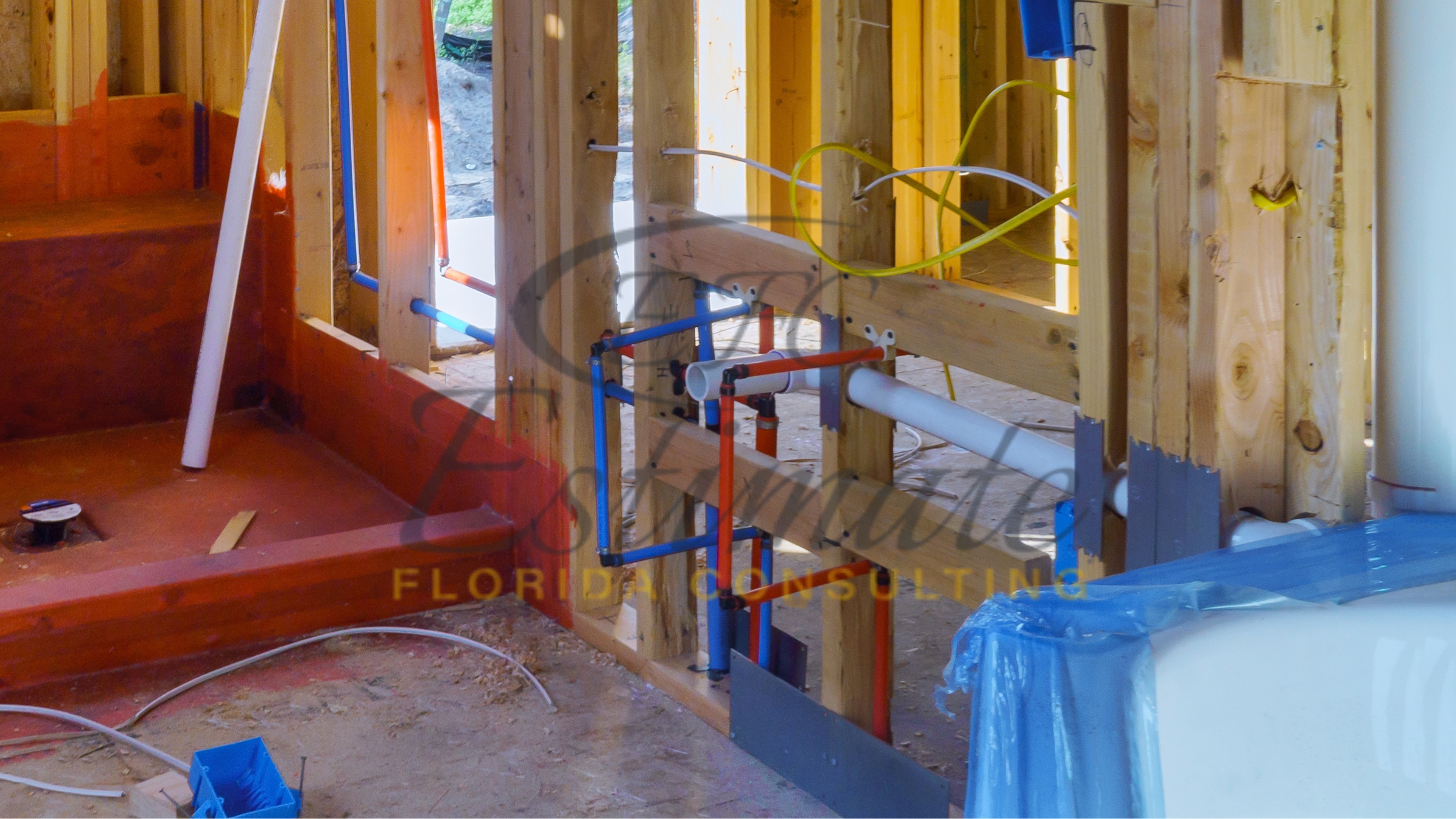
4. Check for Leaky Faucets and Running Toilets
Why It Matters: Small leaks waste water and increase high water bills, especially during high-demand winter months.
What to Do:
- Inspect faucets for drips; replace washers or seals (DIY cost: under $10).
- Dye-test toilets for silent leaks by adding food coloring to the tank.
- For businesses, check restroom fixtures frequently to avoid waste.
Consequence of Neglect: A single leaky faucet can waste 3,000 gallons annually, spiking utility costs.
5. Test Sump Pumps
Why It Matters: Winter thaws can lead to basement flooding if sump pumps fail.
What to Do:
- Pour water into the sump pit to ensure the pump activates.
- Clean debris from the pit and check the backup battery.
- Businesses with large basements should schedule professional sump pump maintenance.
Pro Tip: Install a battery backup to prevent sump pump failure during power outages.
90% More Chances to Win Plumbing Projects with Our Estimate
Spring Plumbing Checklist: Refresh and Inspect
Spring brings rain and thawing, which can reveal hidden plumbing issues like leaks or drainage problems. Use this checklist to refresh your system.
1. Inspect for Hidden Leaks
Why It Matters: Melting snow and heavy rain can expose dripping pipes or water stains from winter damage.
What to Do:
- Check ceilings, walls, and floors for water stains or mold growth.
- Monitor your water bill for unexplained spikes (a sign of underground leaks).
- Businesses should inspect commercial kitchens and restrooms for leaks.
DIY Tip: Use a moisture meter ($20-$50) to detect hidden leaks. Call a plumber for camera inspections if needed.
2. Clear Clogged Drains
Why It Matters: Spring runoff and debris can exacerbate drain blockages, leading to backups or sewer smells.
What to Do:
- Use a plunger or drain snake for slow draining sinks.
- Pour baking soda and vinegar down drains, followed by hot water.
- Businesses with grease traps (e.g., restaurants) should schedule professional cleaning.
Pro Tip: Install drain strainers to prevent hair and debris buildup.
3. Check Sewer Lines and Septic Systems
Why It Matters: Heavy spring rains can overwhelm sewer lines or septic tanks, causing backflow issues.
What to Do:
- Look for soggy yard patches or sewer smells near drains.
- Schedule septic tank pumping every 3-5 years (cost: $300-$500).
- Businesses with high wastewater output should inspect sewer lines annually.
Consequence of Neglect: Septic tank issues can lead to costly repairs or environmental hazards.
4. Test Backflow Preventers
Why It Matters: Backflow preventers protect your water supply from contamination, especially after spring flooding.
What to Do:
- Hire a certified plumber to test backflow devices (required annually for businesses).
- Ensure sprinklers and irrigation systems have proper backflow prevention.
Business Note: Compliance with local regulations is critical for commercial properties.
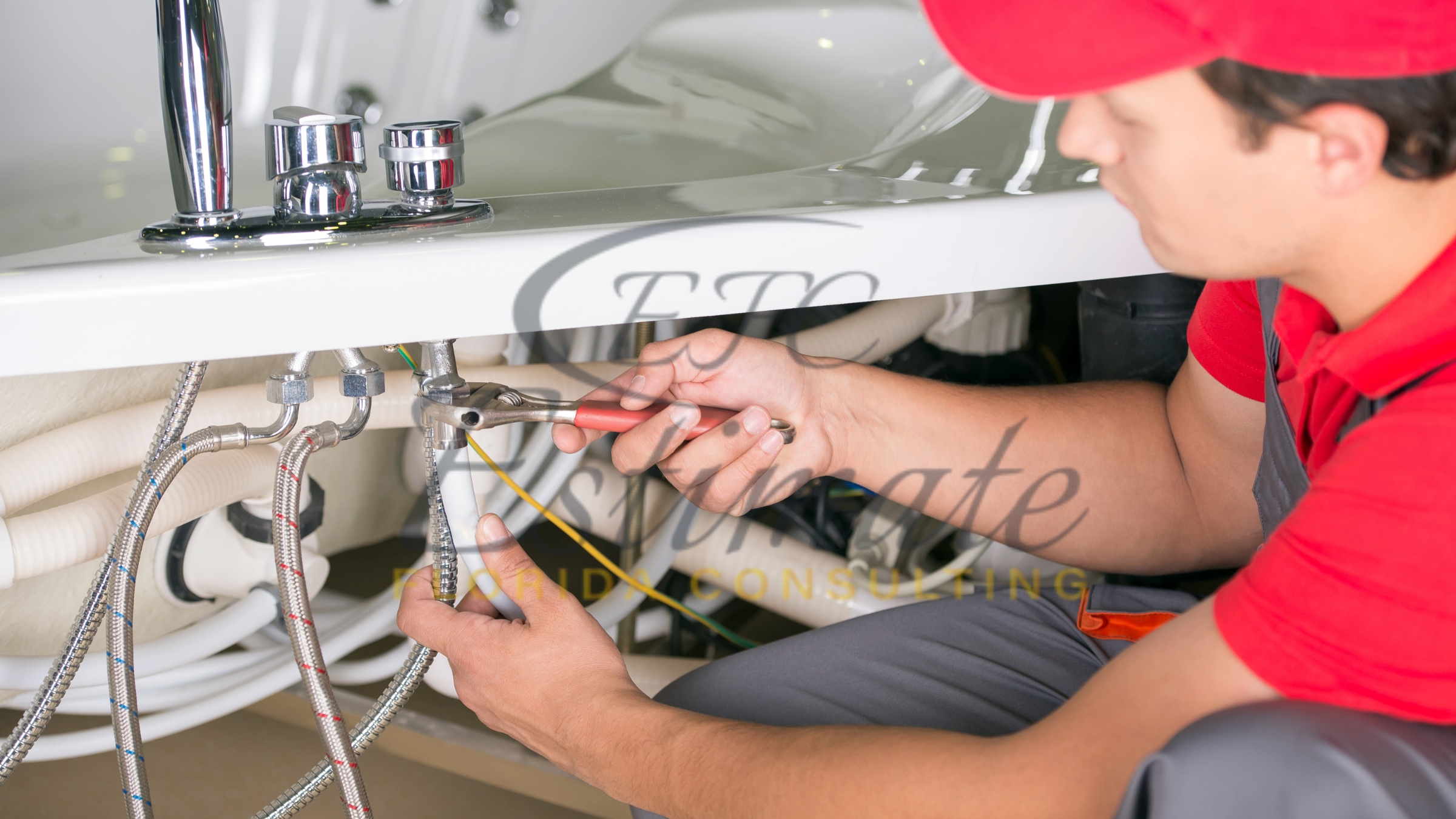
Summer Plumbing Checklist: Optimize Efficiency
Summer’s heat and increased water usage (e.g., lawn irrigation) put pressure on plumbing systems. Focus on efficiency and outdoor maintenance.
1. Maintain Irrigation Systems
Why It Matters: Leaky sprinklers or overwatering can spike high water bills and damage landscapes.
What to Do:
- Inspect sprinkler heads for leaks or misalignment.
- Adjust timers to water early morning or evening to reduce evaporation.
- Businesses with large grounds should hire irrigation specialists for system audits.
DIY Tip: Replace broken sprinkler heads (cost: $5-$15 each).
2. Check for Low Water Pressure
Why It Matters: Summer demand can reveal pressure issues from mineral buildup or hidden leaks.
What to Do:
- Clean faucet aerators with vinegar to remove deposits.
- Test pressure with a gauge ($10-$20); normal is 40-80 PSI.
- Call a plumber for house-wide low pressure issues.
Business Note: Low pressure in commercial facilities can disrupt operations; address promptly.
3. Flush Water Lines
Why It Matters: Stagnant water in rarely used lines can lead to pipe corrosion or bacterial growth.
What to Do:
- Run water through all faucets for several minutes.
- Businesses should flush lines in seldom-used restrooms or break rooms.
Pro Tip: Consider installing a water softener to reduce mineral buildup in hard water areas.
4. Inspect Outdoor Plumbing
Why It Matters: Summer exposes outdoor fixtures to wear from sun and use.
What to Do:
- Check hose bibs for leaks or cracks.
- Repair dripping outdoor faucets to prevent water waste.
- Businesses should inspect outdoor drains for debris from summer storms.
Consequence of Neglect: Leaks can erode soil or damage building foundations.
Plumbing Professionals For Your Project?
Fall Plumbing Checklist: Prepare for Cold Weather
Fall is the time to prep for winter while addressing debris-related issues from falling leaves and cooler weather.
1. Clear Gutters and Downspouts
Why It Matters: Clogged gutters can cause water to pool near foundations, leading to basement leaks or sump pump issues.
What to Do:
- Remove leaves and debris from gutters (DIY or hire for $100-$200).
- Ensure downspouts direct water at least 5 feet from the foundation.
- Businesses with flat roofs should check drains to prevent pooling.
Pro Tip: Install gutter guards to reduce future clogs.
2. Inspect for Pipe Leaks
Why It Matters: Cooler temperatures can stress aging pipes, revealing cracks or dripping pipes.
What to Do:
- Check under sinks and in basements for wet spots.
- Tighten loose fittings or replace washers as needed.
- Businesses should schedule a professional home plumbing inspection before winter.
Consequence of Neglect: Undetected leaks can lead to mold growth or burst pipes.
3. Service Your Water Heater
Why It Matters: Preparing for winter demand ensures consistent hot water and prevents water heater problems.
What to Do:
- Flush the tank and check for leaks or rust.
- Insulate hot water pipes to reduce heat loss.
Businesses with high hot water usage should schedule professional maintenance.
DIY Tip: Test the pressure relief valve by lifting it briefly to ensure it works.
4. Check Toilets and Drains
Why It Matters: Fall debris can clog drains, and running toilets waste water as winter approaches.
What to Do:
- Inspect toilets for continuous running; replace flappers if needed.
- Clear drains with a snake or natural cleaners.
- Businesses should ensure restrooms are ready for holiday traffic.
Pro Tip: Use enzymatic cleaners for eco-friendly drain maintenance.
Year-Round Tips for Plumbing Success
- Schedule Annual Inspections: Hire professional plumbing services for a thorough check to catch issues like sewer smells or backflow issues early.
- Monitor Water Bills: Sudden spikes often indicate hidden leaks or inefficiencies.
- Use Eco-Friendly Practices: Avoid chemical drain cleaners; opt for baking soda or enzymatic solutions.
- Prepare for Emergencies: Keep an emergency plumber’s contact handy for unexpected issues like burst pipes or sump pump failure.
- Educate Staff (Businesses): Train employees to report leaky faucets or slow drains promptly to avoid escalation.
We Provide 3D Rendering Services!
For Plumbing and Other Projects
Turnaround time is 1-2 days.
Win More Projects With Us
Conclusion
Following this Seasonal Plumbing Checklist for Homeowners & Businesses ensures your plumbing system remains reliable through every season. From insulating pipes in winter to clearing drains in spring, these tasks prevent costly issues like frozen pipes, high water bills, or septic tank problems. Regular maintenance, combined with timely professional plumbing services, keeps your home or business running smoothly.
By staying proactive, you’ll avoid emergency plumber calls, reduce water waste, and protect your property from water damage or mold growth. Start implementing these seasonal checks today, and your plumbing system will thank you with years of trouble-free performance.
Frequently Asked Question
Seasonal plumbing maintenance helps prevent costly issues such as frozen pipes in winter, clogged drains in spring, overworked irrigation systems in summer, and leaks during fall. Proactive care keeps your plumbing efficient and reduces unexpected repairs.
Key winter tasks include insulating exposed pipes, draining outdoor faucets, maintaining your water heater, testing sump pumps, and fixing leaky fixtures to prevent frozen pipes and water damage.
Businesses should schedule professional inspections, test backflow preventers, maintain commercial water heaters, clean grease traps, and inspect restroom fixtures regularly to avoid downtime and compliance issues.
Spring rains and thaws can overwhelm plumbing systems. Checking for hidden leaks, clearing clogged drains, and inspecting sewer lines or septic systems help prevent basement flooding and water damage.
In summer, inspect and maintain irrigation systems, flush stagnant water lines, check outdoor plumbing for leaks, and monitor water pressure to keep systems efficient during high-demand months.
Comprehensive Trade-Specific Estimates
At Estimate Florida Consulting, we offer detailed cost estimates across all major trades, ensuring no part of your project is overlooked. From the foundation to the finishing touches, our trade-specific estimates provide you with a complete and accurate breakdown of costs for any type of construction project.
Our Simple Process to Get Your Estimate
Upload Plans
Submit your project plans, blueprints, or relevant documents through our online form or via email.
Receive Quotation
We’ll review your project details and send you a quote based on your scope and requirements.
Confirmation
Confirm the details and finalize any adjustments to ensure the estimate meets your project needs.
Get Estimate
Receive your detailed, trade-specific estimate within 1-2 business days, ready for your project execution.



Our Clients & Partners
We pride ourselves on building strong, lasting relationships with our clients and partners across the construction industry.
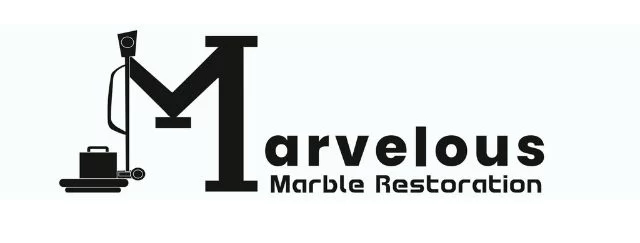
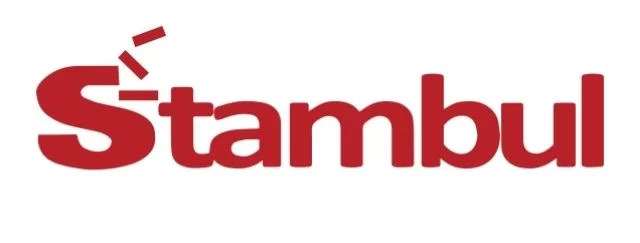
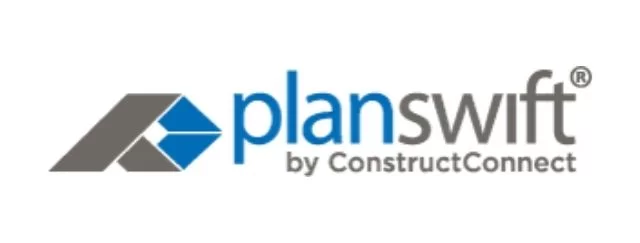
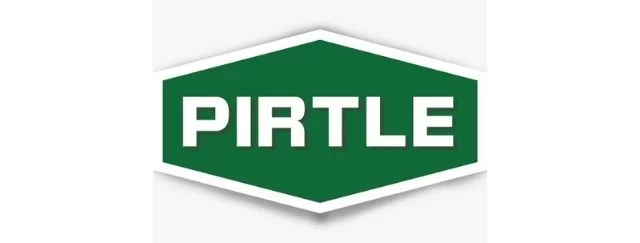

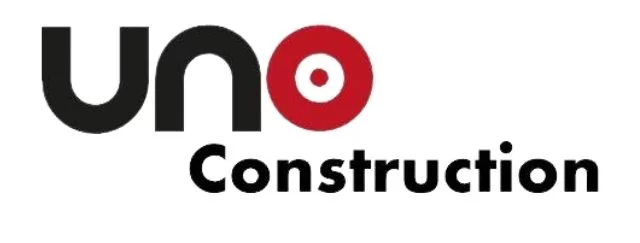
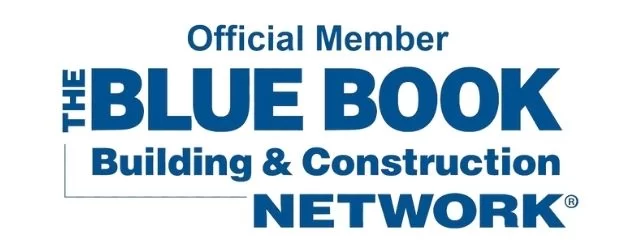
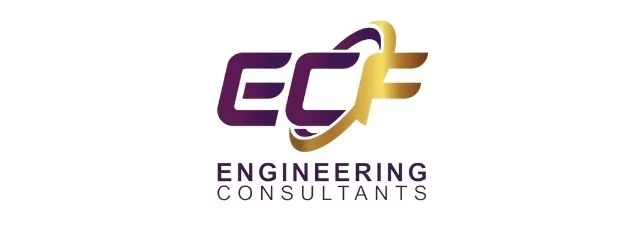
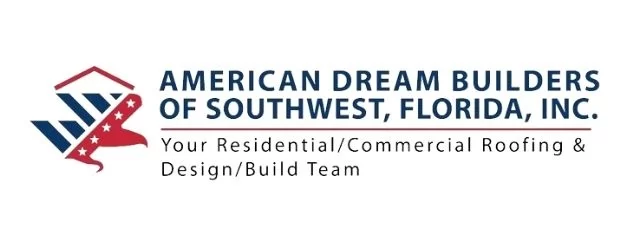
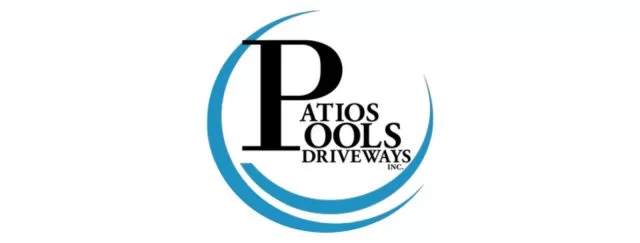

What Our Clients Say?
We take pride in delivering accurate, timely, and reliable estimates that help contractors and builders win more projects. Our clients consistently praise our attention to detail, fast turnaround times, and the positive impact our estimates have on their businesses.
Estimate Florida Consulting has helped us win more bids with their fast and accurate estimates. We trust them for every project!




